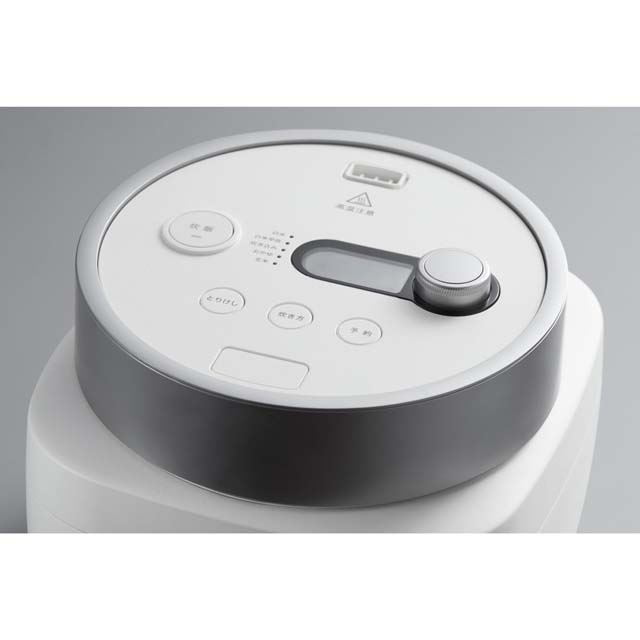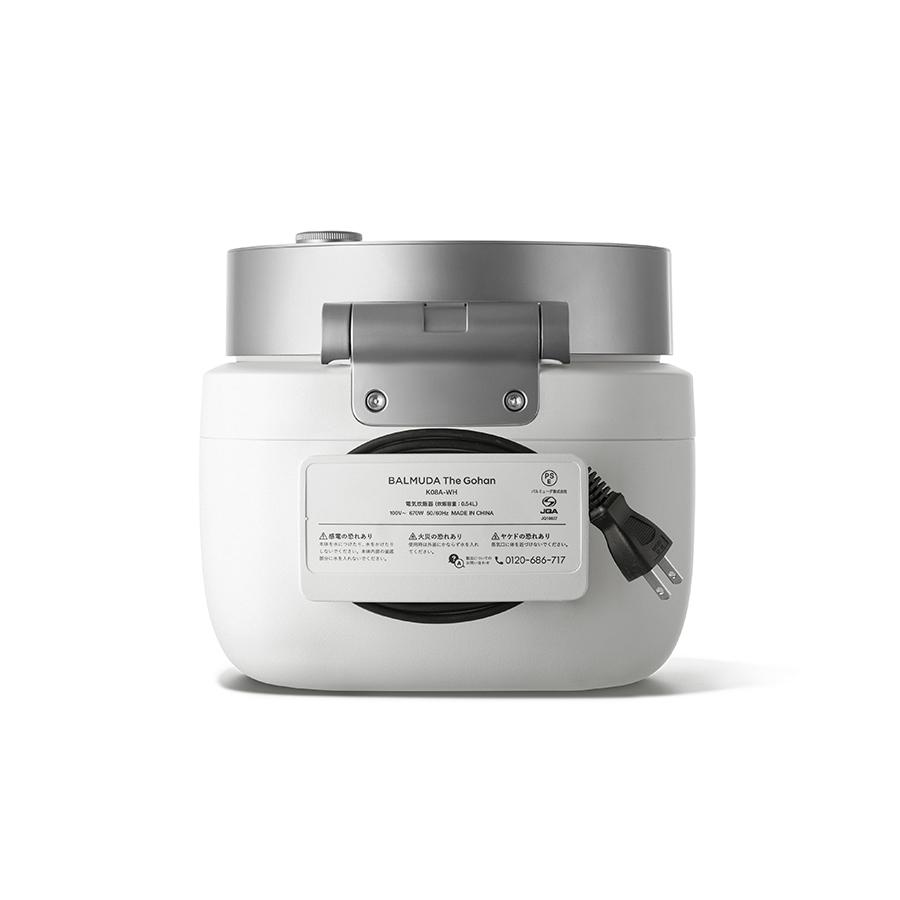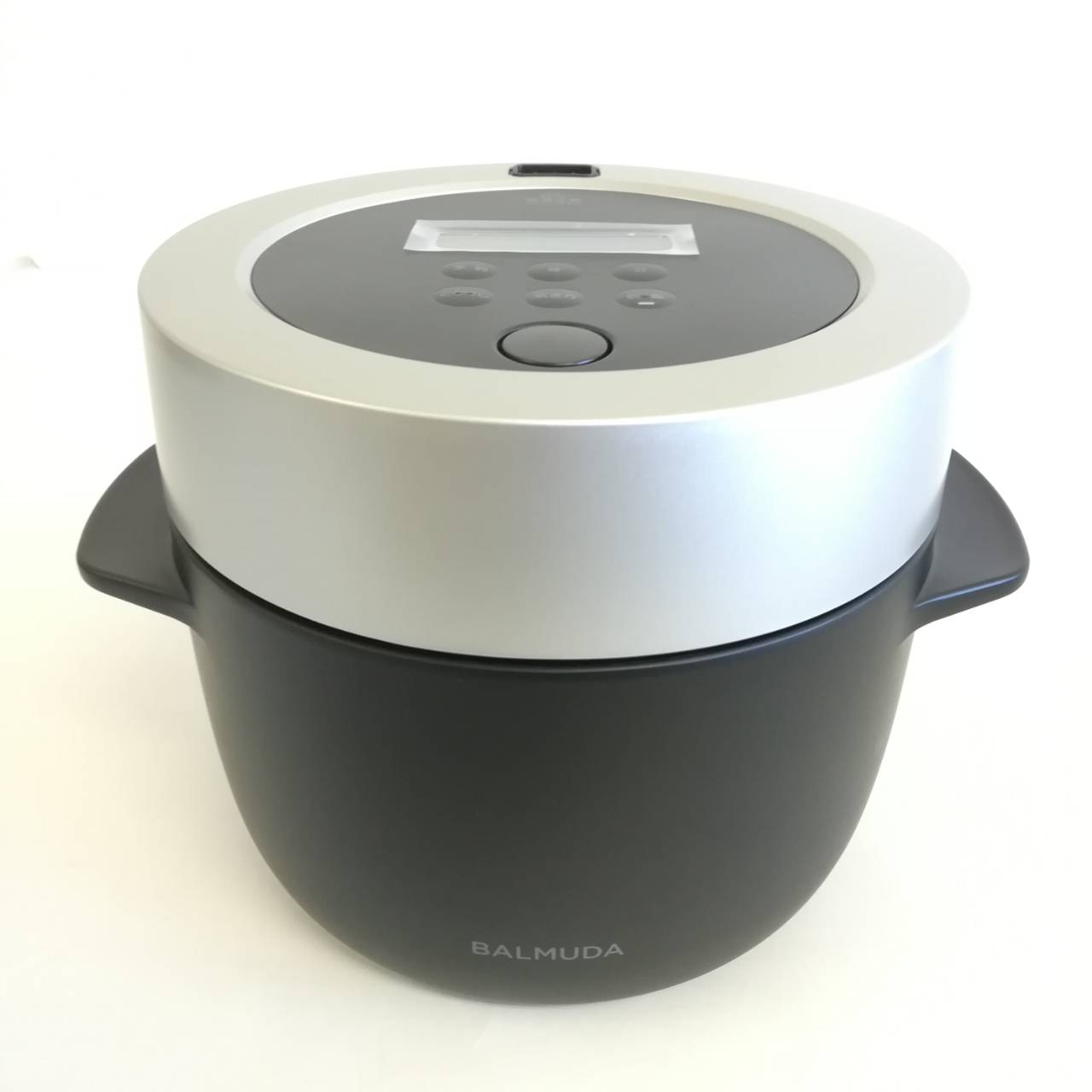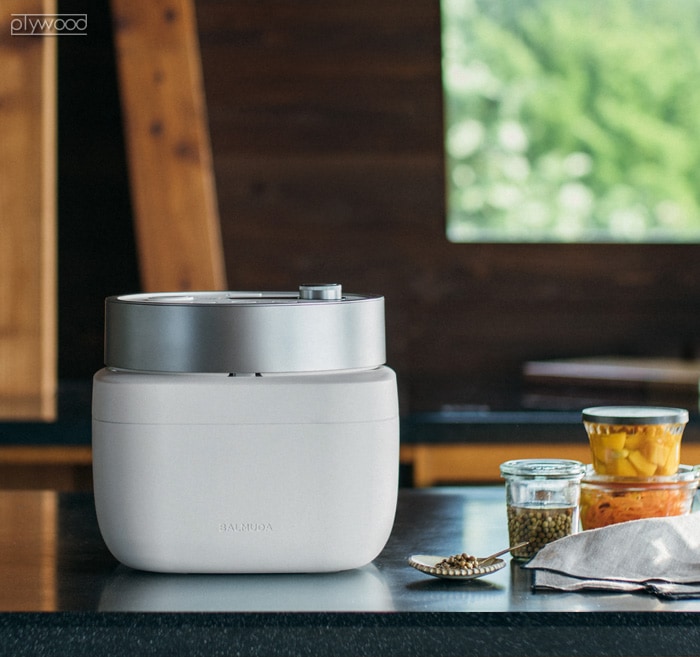
マイストア
変更
お店で受け取る
(送料無料)
配送する
納期目安:
08月08日頃のお届け予定です。
決済方法が、クレジット、代金引換の場合に限ります。その他の決済方法の場合はこちらをご確認ください。
※土・日・祝日の注文の場合や在庫状況によって、商品のお届けにお時間をいただく場合がございます。
新品未使用 バルミューダ BALMUDA The Gohan (K08A-BK)の詳細情報
BALMUDA
The
Gohan
(K08A-BK)
炊飯量...~3.5合未満
2023年9月末に景品で当たりましたが使用しない為出品いたします。
確認の為1度開封しておりますか新品未使用です。
何か不明な点等ありましたらお気軽にご質問下さい。
宜しくお願いいたします。
The
Gohan
(K08A-BK)
炊飯量...~3.5合未満
2023年9月末に景品で当たりましたが使用しない為出品いたします。
確認の為1度開封しておりますか新品未使用です。
何か不明な点等ありましたらお気軽にご質問下さい。
宜しくお願いいたします。
ベストセラーランキングです
近くの売り場の商品
カスタマーレビュー
オススメ度 4.1点
現在、438件のレビューが投稿されています。

























